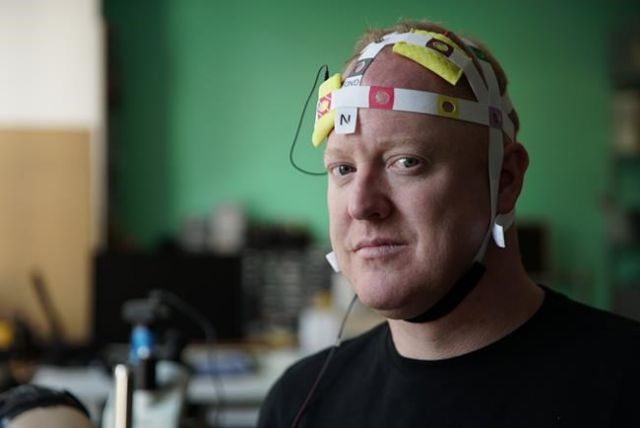Nature Knows and Psionic Success
God provides
Smart drugs a dumb idea?

Nikolas Badminton Toronto filmmaker Ann Shin was so intrigued by an animator’s tales about doing some of his best work with the help of "smart drugs" that she wanted to learn how they would work if someone tried them as part of a months-long experiment. She recruited Vancouver "futurist" Nikolas Badminton to take on the task in California’s Silicon Valley, the epicentre of a subculture known for using smart drugs, or nootropics. Badminton spent five months working a hectic schedule and popping pills and powdered mixtures used by tech types aiming to enhance cognitive function as they power through projects, ward off sleep and seemingly operate like machines. His journey, punctuated by long bursts of energy and sheer exhaustion, is captured in "Smart Drugs," airing Sunday on the Documentary Channel. Badminton, whose sleep is disrupted while he’s on the regimen, is monitored by a doctor through the so-called biohacking adventure that has him meeting "Brain Bro," who swallows handfuls of pills to try and keep up with the pressure to produce. The word "nootropics" is used to market certain supplements sold online in Canada that claim to help with focus and increase energy. Some medications are also referred to by biohackers as nootropics, for instance Adderall and Ritalin, which are commonly used to treat attention deficit hyperactivity disorder, or modafinil, typically prescribed for narcolepsy. At the end of Badminton’s nootropics experiment, a doctor in the documentary suggests other ways that the self-described workaholic could extend his output and maintain good health — such as yoga, meditation, and exercise. Badminton said in an interview that he’d tried some nootropics about five years earlier but stopped because he was having lucid dreams. However, he said he now takes two nootropics for short periods during busy work schedules and exercises as he […]
Click here to view full article
